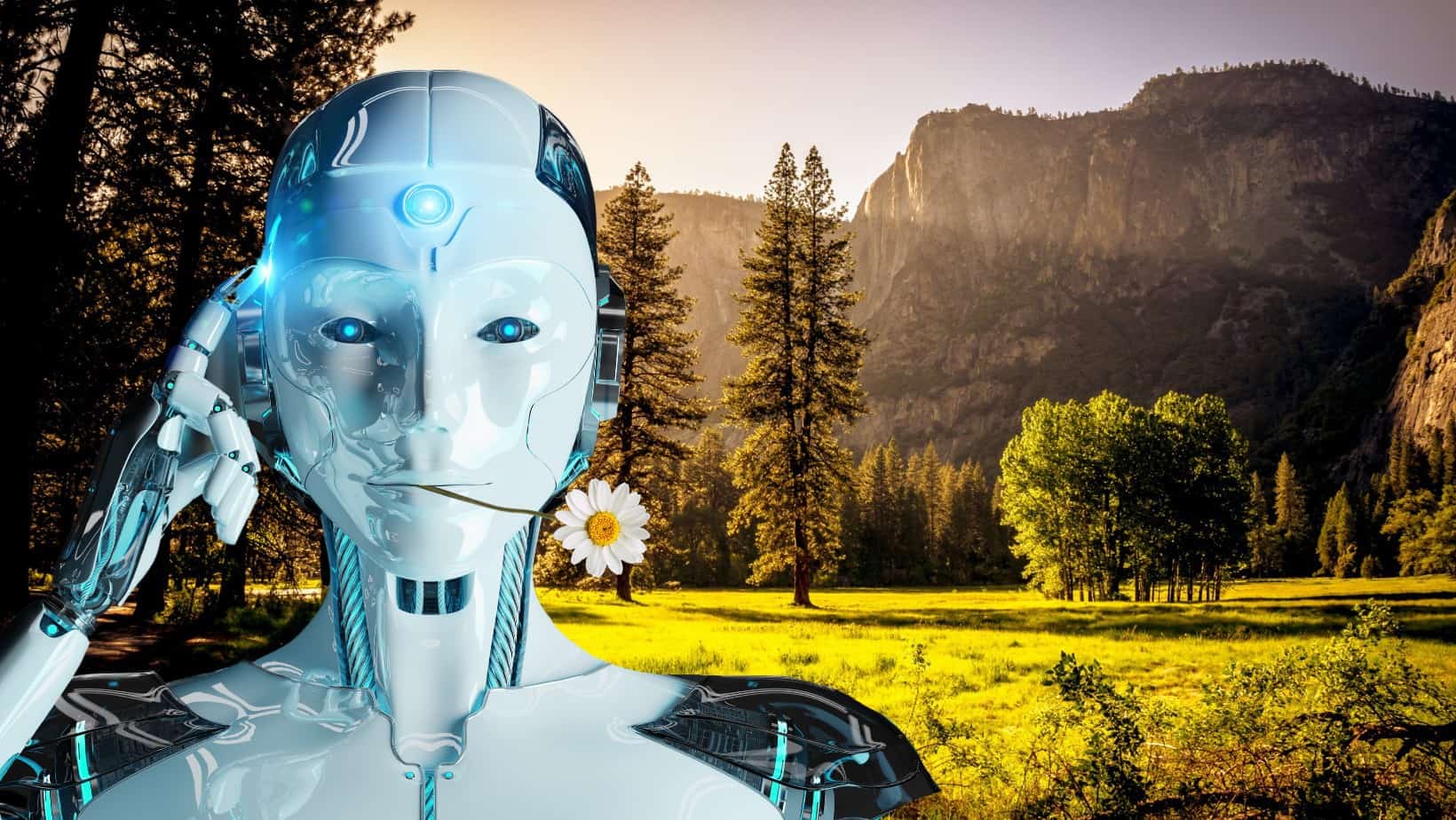FUTURE OF WORK #4: 2050 according to Maria Betbeze-Dufrenoy
Published on 05/16/2022
Thematics :
FUTURE OF WORK #4: 2050 according to Maria Betbeze-Dufrenoy
Published on 05/16/2022
What will the professional world look like in 2050? In January, students at NEOMA attended the “Future of Work” seminar. To help them expand their thinking on the subject, the school organised a series of conferences.
Among them was the conference, “How to make a concrete contribution to the societal and ecological transition,” led by Maria Betbeze-Dufrenoy from Holomea, a management consulting firm. We asked her to summarise her outlook for the future in three words.
In the future, businesses will apply the major concepts found in the living world, which have 3.8 billion years of R&D behind them. This is called bio-inspiration.
The life cycle of goods and services will be an integral aspect involved in their conception, from their creation to their end. Beyond being merely positive, their impact will be regenerative for both the environment and the humans that will work for it. Even technology will become regenerative. The resources used will be infinite.
In companies, individuals will not be exhausted after the work day thanks to the working rhythms that will more closely mirror those of the living world. Work will be redefined and become a genuinely stimulating, revitalising task. Each person will know why he or she works, and it will be in keeping with their life mission.
This way of working and thinking in harmony with the other dominions (plant, animal, mineral) will enable organisations to be resilient and strong when confronting any type of event.
Everything that has been done since the dawn of humanity has been done as a group. Nothing can be accomplished otherwise. In the future, cooperation between sectors of activity, between companies and even in the centre of the same company will take precedence. Collectives and organisations will function with a higher level of collective intelligence. Competition will not exist. Any relationship will be a partnership. Each person will find his or her rightful place. The question over meaning will be resolved.
All of society will be formed from several very different realms of reality that will live side by side. A leap in collective consciousness will occur, an expansion of thinking that will require individual consciousnesses to evolve.
On one side, individuals will acquire greater understanding and consciousness of themselves, which is part of the living world and interconnected with everything. On the other parallel side will reside those who function with the cogs of the company as a machine where transhumanism will have a place, but neither nature nor humanity will no longer truly occupy it.
To assist with the societal and ecological transition and make it concrete, organisations must evolve to produce regenerative goods and services, and this will be done through collective efforts.

